EU, Arab League fail to release joint statement on Mideast conflicts
The European Union and the Arab League have held a ministerial meeting, but failed to release a joint statement amid a lack of consensus on ongoing conflicts and issues in the Middle East region.
The meeting took place in the Belgian capital, Brussels, on Monday, with the aim of making preparations for the first ever summit between the EU and the Arab League due in the Egyptian city of Sharm el-Sheikh on February 24-25.
Speaking at a press conference following the meeting, EU foreign policy chief Federica Mogherini said “common ground was there on 90-95 percent of issues.”
She also noted that the two sides shared the same positions regarding the support for a political transition in Syria, the so-called two-state solution to the Middle East conflict, the recognition of Jerusalem al-Quds as the capital of both Israel and Palestine, and finding solutions to the crises gripping Yemen and Libya.
The EU and the Arab League ministers further discussed ways to strengthen economic cooperation, trade and investments as well as opportunities for young people and education.
"Whatever happens in the Arab world affects the Europeans and whatever happens in Europe affects the Arab world" @FedericaMog after 5th EU @arableague_gs (LAS) ministerial meeting pic.twitter.com/A2qKQUDndB
— European External Action Service - EEAS 🇪🇺 (@eu_eeas) February 4, 2019
Arab League Secretary General Ahmed Aboul Gheit, for his part, stressed that there were “more complications on the European side rather than the Arab side.”
However, Mogherini disagreed with him, saying, “I would say rather the contrary.”
Speaking during the ministerial meeting, Aboul Gheit urged European countries to recognize the state of Palestine within the pre-1967 boundaries with its capital in East Jerusalem al-Quds.
He further praised Europe for its humanitarian and financial assistance to Palestinians provided through the United Nations Relief and Works Agency (UNRWA).
He also called for a political solution to the Syria conflict in accordance with UN resolutions, underlining the need for European countries to work together to tackle challenges such as terrorism and illegal immigration.
‘Confused clowns’: Iran FM blasts Zelensky over call for aggression on Iran
Trump drops Canada from Gaza board after PM Carney’s critique of US
Iranian students rally to condemn Germany's backing for rioters
Enemies of Ummah seek to expand war, Pezeshkian tells Erdogan
VIDEO | Press TV's news headlines
VIDEO | New wave of Israeli strikes on Lebanon as US suspends ceasefire mechanism
VIDEO | Israeli regime kills three more Palestinian journalists
Canada prime minister hits back at Trump's remarks


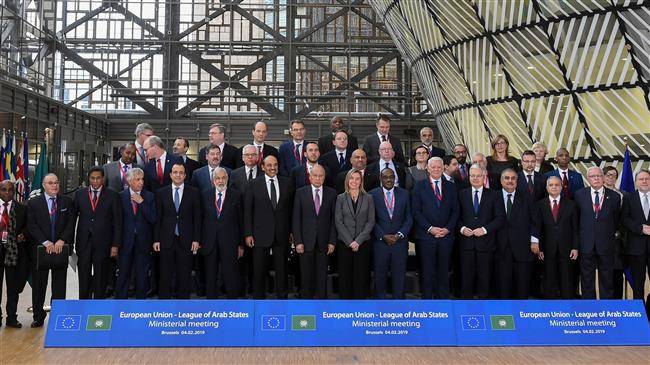
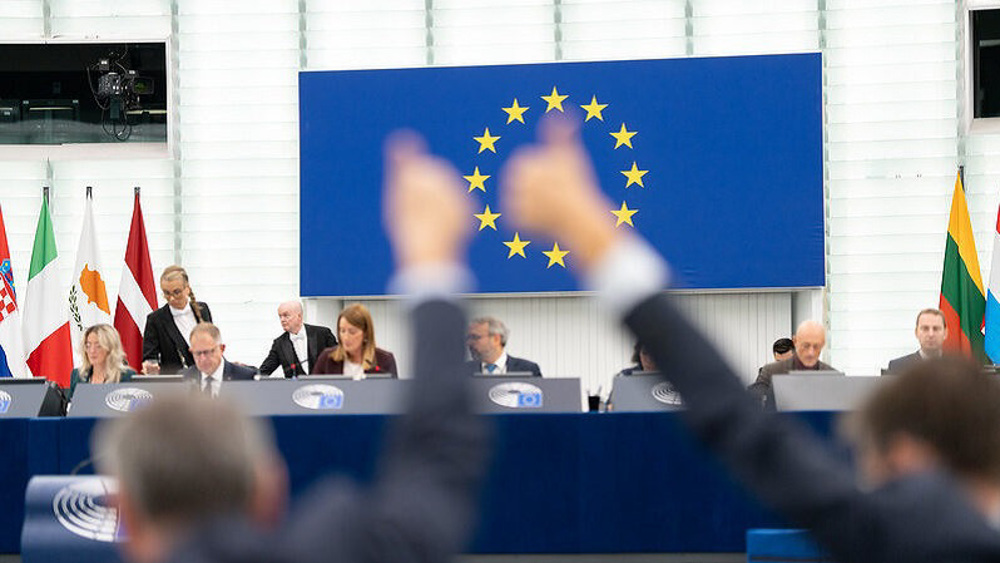
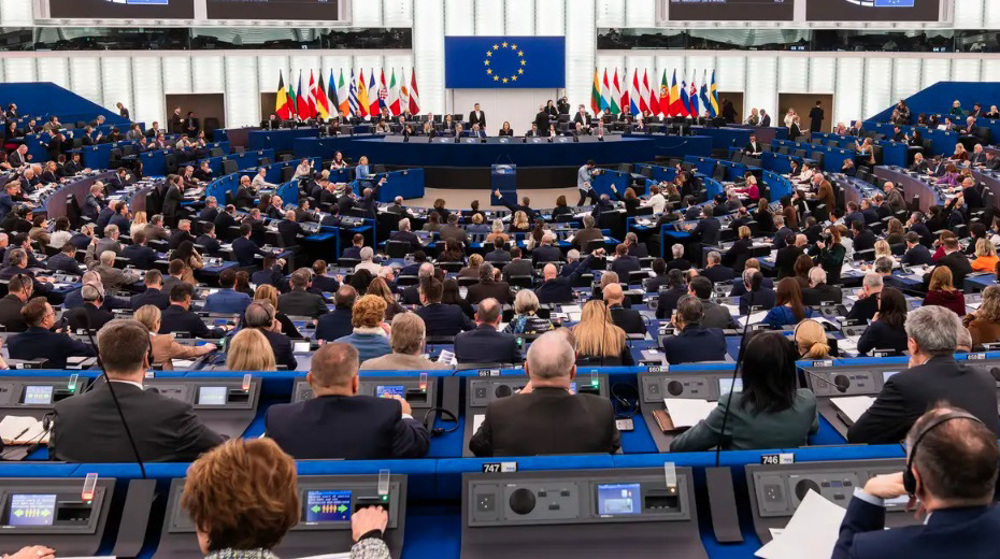
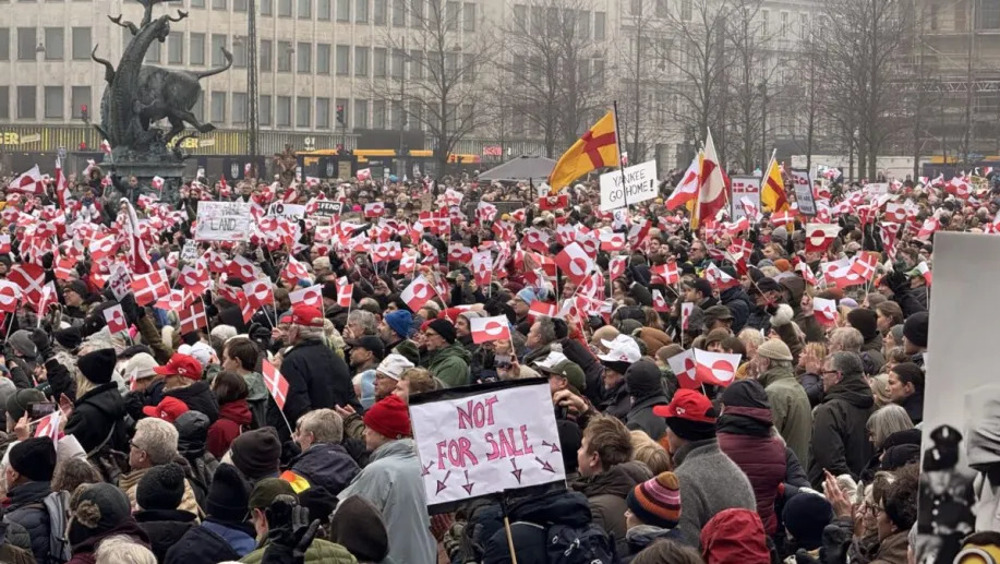




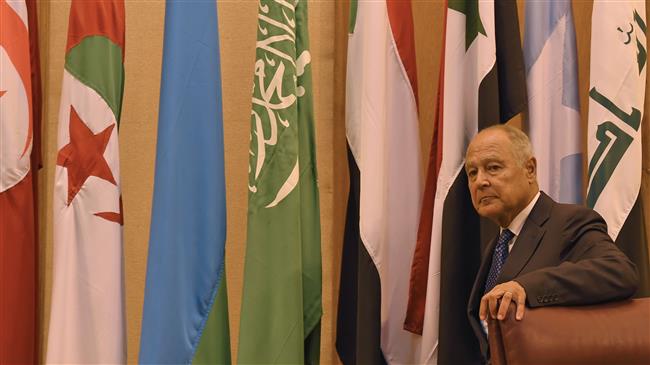


 This makes it easy to access the Press TV website
This makes it easy to access the Press TV website